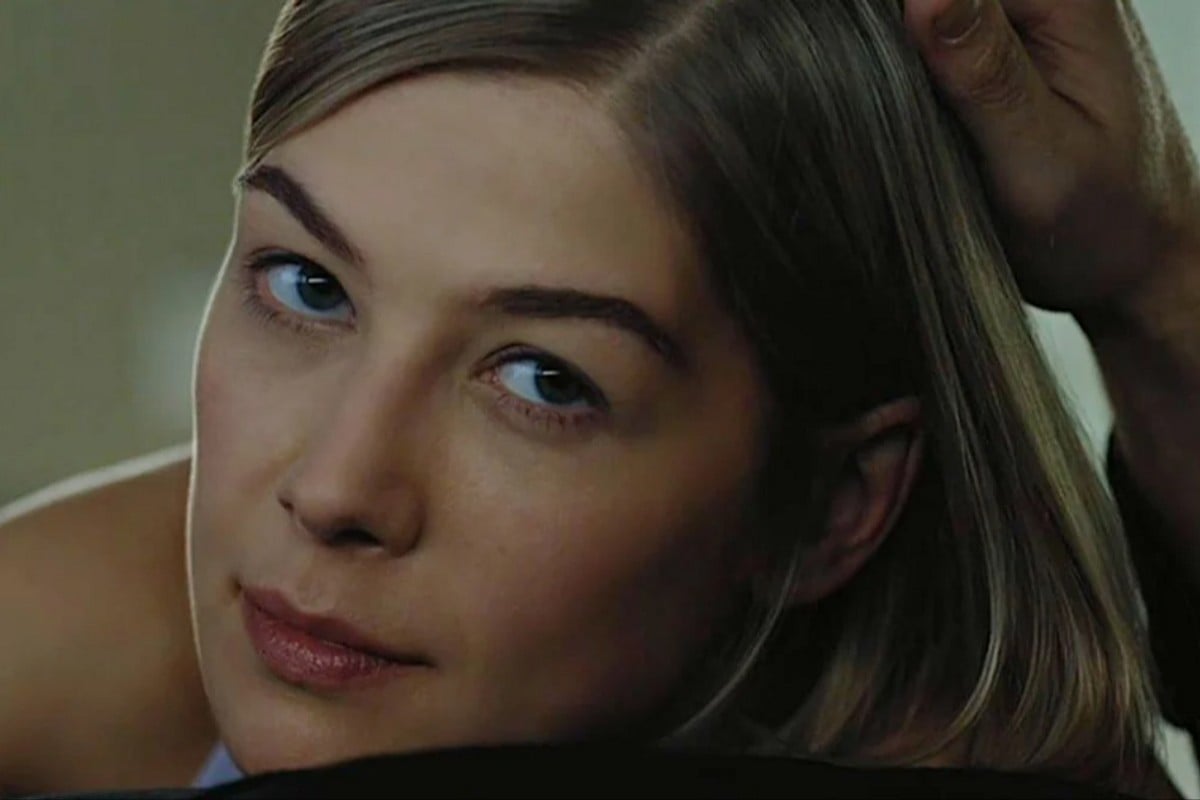
It seems every year, we're bombarded with the same tired advice about finding closure. Letting go of the past. To move forward. Let bygones be bygones. Take the high road. Find peace within. And many more clichés about forgiveness.
But what if holding onto certain grievances is actually... good for us?
British writer Sophie Hannah is certainly an advocate. In her book How to Hold a Grudge, instead of purging all of our emotional baggage, Hannah suggests creating a "grudget" (that's a grudge budget) where we decide which grudges are valuable enough to keep around.
While holding onto grudges doesn't necessarily seem healthy, Hannah countered that "a grudge doesn't have to be vengeful, all-consuming and bitter".
In fact, thoughtfully maintained grudges can actually be a form of emotional intelligence; a way to "find power in bad memories" rather than pretending they never happened.
Watch: What type of friend are you? Post continues after video.
Grudges, but make them useful.
Rather than always thinking of grudges as an ugly emotion, it's time to reframe them.
"A grudge is a story about something that happened, that you want to remember because it still feels relevant," she said in her podcast.
Take her personal example: when friends made her sleep in a bed full of literal rubble. After that night, Hannah didn't cut them off completely or seethe with resentment. She simply remembered what happened and adjusted her behaviour accordingly. She never stayed at their house again.




























































































